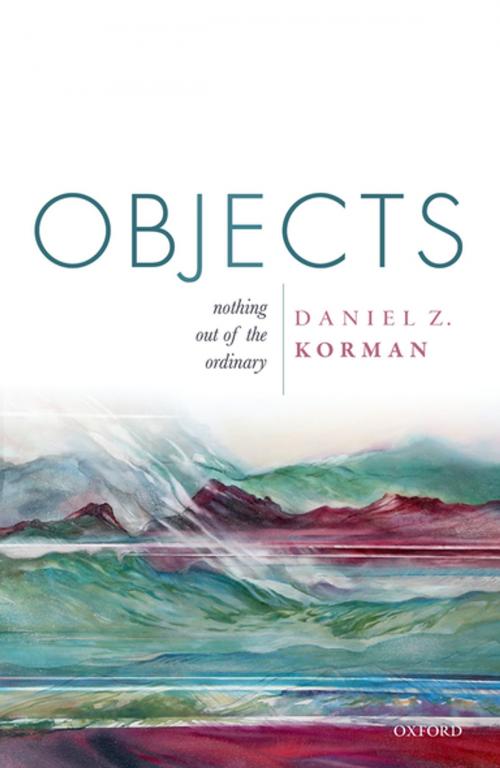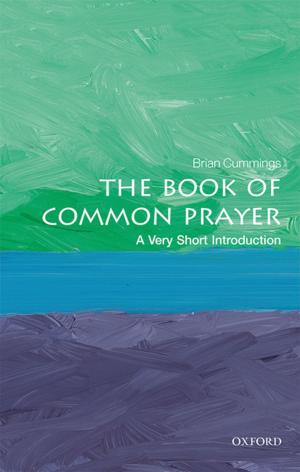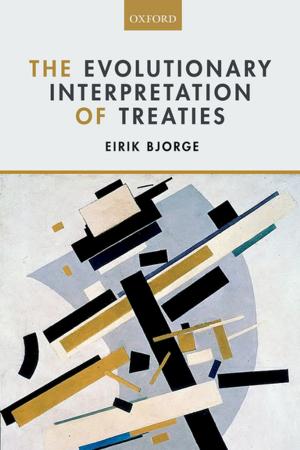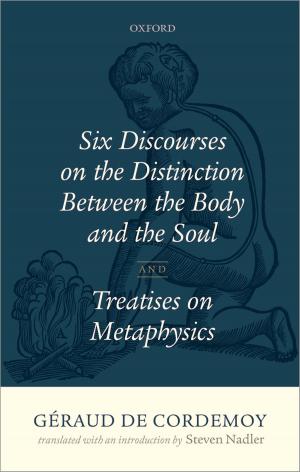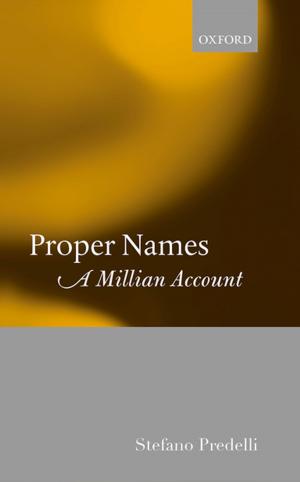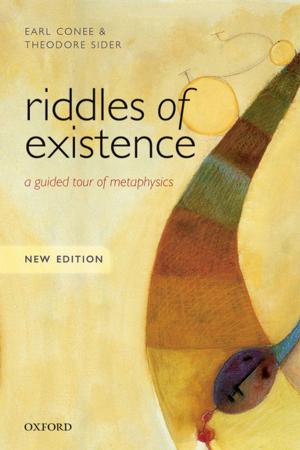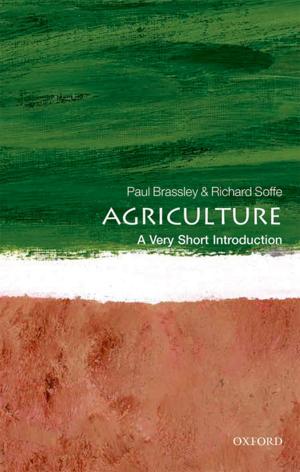| Author: | Daniel Z. Korman | ISBN: | 9780191046469 |
| Publisher: | OUP Oxford | Publication: | November 26, 2015 |
| Imprint: | OUP Oxford | Language: | English |
| Author: | Daniel Z. Korman |
| ISBN: | 9780191046469 |
| Publisher: | OUP Oxford |
| Publication: | November 26, 2015 |
| Imprint: | OUP Oxford |
| Language: | English |
What sorts of material objects are there? Many philosophers opt for surprising answers to this question that seem deeply at odds with how we ordinarily think about the material world. Some embrace radically eliminative views, on which there are far fewer objects than we ordinarily take there to be, while others go in for radically permissive views on which there are legions of extraordinary objects that somehow escape our notice, despite being highly visible and right before our eyes. In this book, Daniel Z. Korman defends our ordinary, intuitive judgments about which objects there are. The book responds to a wide variety of arguments that have driven people away from the intuitive view: arbitrariness arguments, debunking arguments, overdetermination arguments, arguments from vagueness and material constitution, and the problem of the many. It also criticizes attempts to show that permissive and eliminative views are, despite appearances, entirely compatible with our ordinary beliefs and intuitions.
What sorts of material objects are there? Many philosophers opt for surprising answers to this question that seem deeply at odds with how we ordinarily think about the material world. Some embrace radically eliminative views, on which there are far fewer objects than we ordinarily take there to be, while others go in for radically permissive views on which there are legions of extraordinary objects that somehow escape our notice, despite being highly visible and right before our eyes. In this book, Daniel Z. Korman defends our ordinary, intuitive judgments about which objects there are. The book responds to a wide variety of arguments that have driven people away from the intuitive view: arbitrariness arguments, debunking arguments, overdetermination arguments, arguments from vagueness and material constitution, and the problem of the many. It also criticizes attempts to show that permissive and eliminative views are, despite appearances, entirely compatible with our ordinary beliefs and intuitions.
